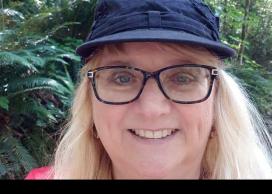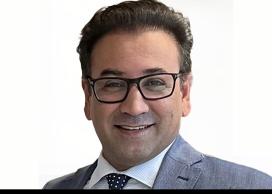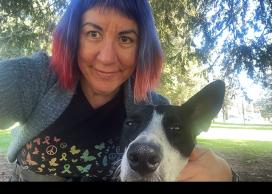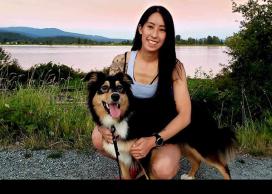30-second bio: David Gramling
Get to know your colleagues from across UBC
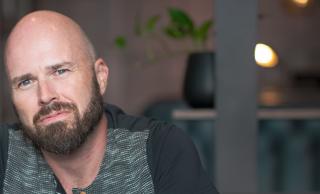
March 14, 2022
Name:
David Gramling
My preferred pronouns:
he/they
Title:
Head of Department, Professor
Department/Unit:
Central, Eastern, and Northern European Studies
Location:
Vancouver
Year I started working at UBC:
2021
Describe what you do at UBC in 10 words or less:
Lead an amazing team of scholars, teachers, students, and staff!
What’s the best advice you ever received?
When they tenured me as a professor at University of Arizona, I asked the Provost there, "What should I do now?" And he said, simply: "Go where the jazz is." It turns out that “the jazz” was here at UBC. Many fierce friends and elders encouraged me to make this move to Vancouver, and to these unceded Musqueam lands. My colleagues and students in CENES, and across Arts, have offered gentle hospitality and welcome this past year, despite all the COVID restrictions.
What trait do you most admire in others?
Courage, humility, full-heartedness. These traits are sometimes tough to maintain at universities, where we're most often expected to be experts, to be confident, to speak in ways that dazzle or baffle. But when I see a person leading or listening with heart, with purpose, with laughter—and with a clear sense of where they come from, where they stand among others, and what their experience in the world has been, I usually say to myself, "Wow, I want what they have!"
What do you do regularly to invest in your mental and/or physical health?
I have this hot-pink paddleboard that I take out on Ayyulshun / English Bay sometimes, before challenging work engagements. I can get a good paddle in in about 50 minutes, door-to-door. It's not for exercise so much as to just get wet, to practice standing up amid the waves coming at me from whatever direction, to be comfortable falling off, to love the world around me, and to remind myself what I'm here for in the first place.
Why did you study languages other than English, and how did you get into your field of multilingualism studies?
I grew up queer and with a visual disability in a small English-speaking town in the northeastern United States. When I was 11, my first French class solved a few problems for me. I suddenly could imagine another world of possibilities, another way of speaking and inhabiting the world. And because of my visual disability (ocular albinism), I quickly found that reading new languages slowly, vividly, and aloud—rather than reading my first language fast and silently—was fun and freeing!
- Our people
- 30-second bio



